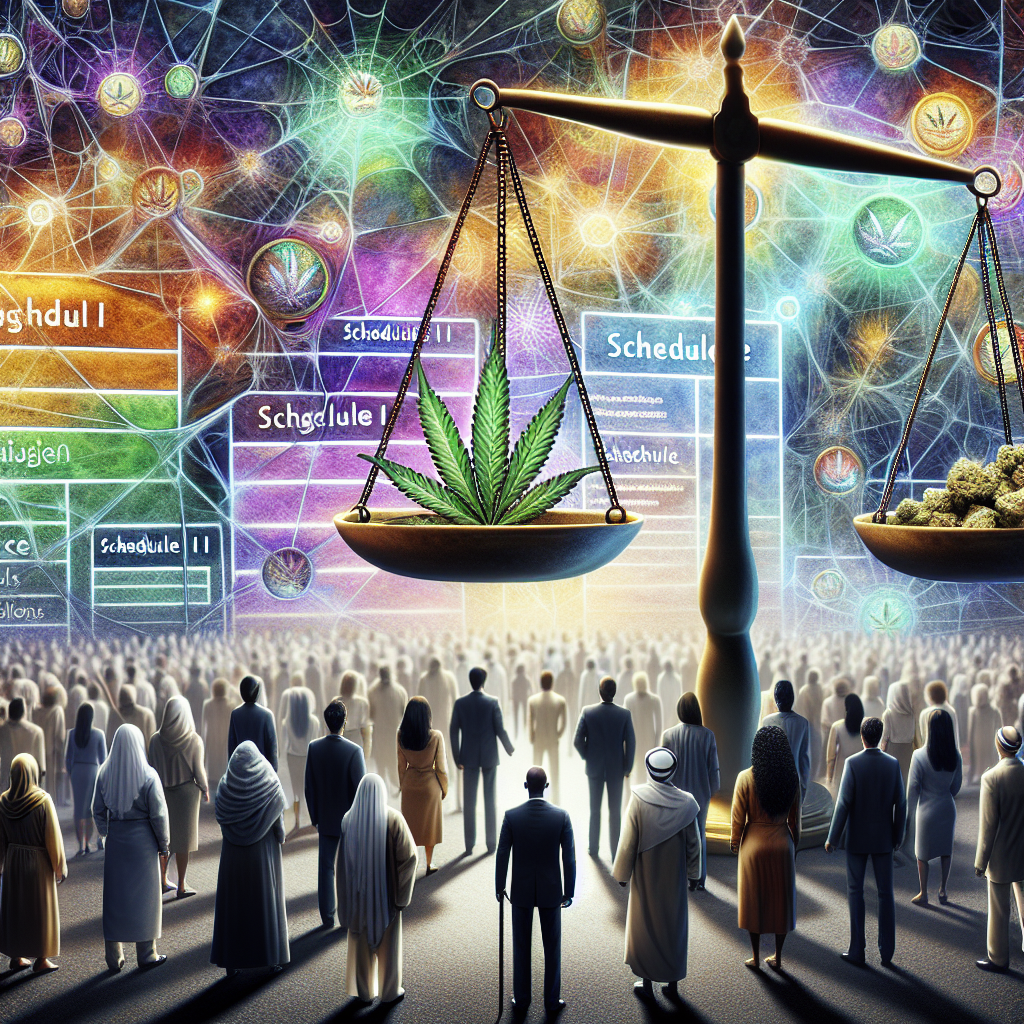
US Moves to Reclassify Cannabis: Impact and Insights
The United States cannabis industry is on the brink of transformative change with recent moves by the Biden administration signaling a potential shift in federal policy regarding the classification of marijuana. Articles from various reputable sources including NBC News, US News, and The Dales Report provide insight into these developments, offering a broader understanding of what this reclassification from Schedule I to Schedule III could mean for the industry.
According to NBC News, this reclassification by the Drug Enforcement Administration (DEA) would mark the first acknowledgment by the U.S. government of marijuana’s medical benefits and a step towards its study and research without the stringent restrictions of a Schedule I drug. This groundbreaking move could significantly ease the operational burdens of cannabis-related businesses, notably scaling back on the vast tax impositions under the IRS’ code Section 280E. This code disallows businesses dealing in controlled substances from declaring standard business deductions, a rule that has heavily skewed the financial functionality of legal cannabis companies.
This reclassification initiative was prompted by growing evidence and a change in public perception, aligning more with scientific understanding and less with outdated prejudices. Over the past years, various reports and scientific inquiries, as cited by Yahoo Finance, have showcased cannabis’s lower risk compared to other controlled substances like alcohol and its potential benefits leading to increased public and political advocacy for its reclassification. Furthermore, legalization efforts in states such as Florida have seen substantial public support and are poised to create significant political and social milestones.e reported onset of these changes has already spurred positive movements in cannabis stocks, suggesting a market anticipatory reaction to these legislations. Companies large and small within the cannabis sector could experience reduced operational costs and increased investment as barriers to banking and finance are potentially diminished. This move could also catalyze further state-level legalization efforts across the United States, bolstering a more significant push towards a comprehensive reform of cannabis regulations.
Such policy shifts also carry broader socio-economic implications, including heightened employment opportunities from an expanding industry and reduced incarceration rates related to cannabis offenses. As laws evolve to support the business and user aspect of cannabis, the whole ecosystem around cannabis from growth to distribution and regulation stands at a pivotal threshold of change. In conclusion, the evolving landscape of cannabis law not only reflects a more profound acknowledgment of the scientific perspective on cannabis but also underscores a growing alignment between law, business, and community interests in cannabis. It is a significant step forward towards rectifying past injustices associated with cannabis prohibition and paving the way for a regulated, recognized, and responsible cannabis industry in America.

